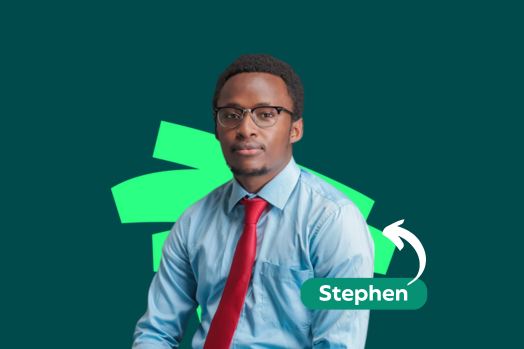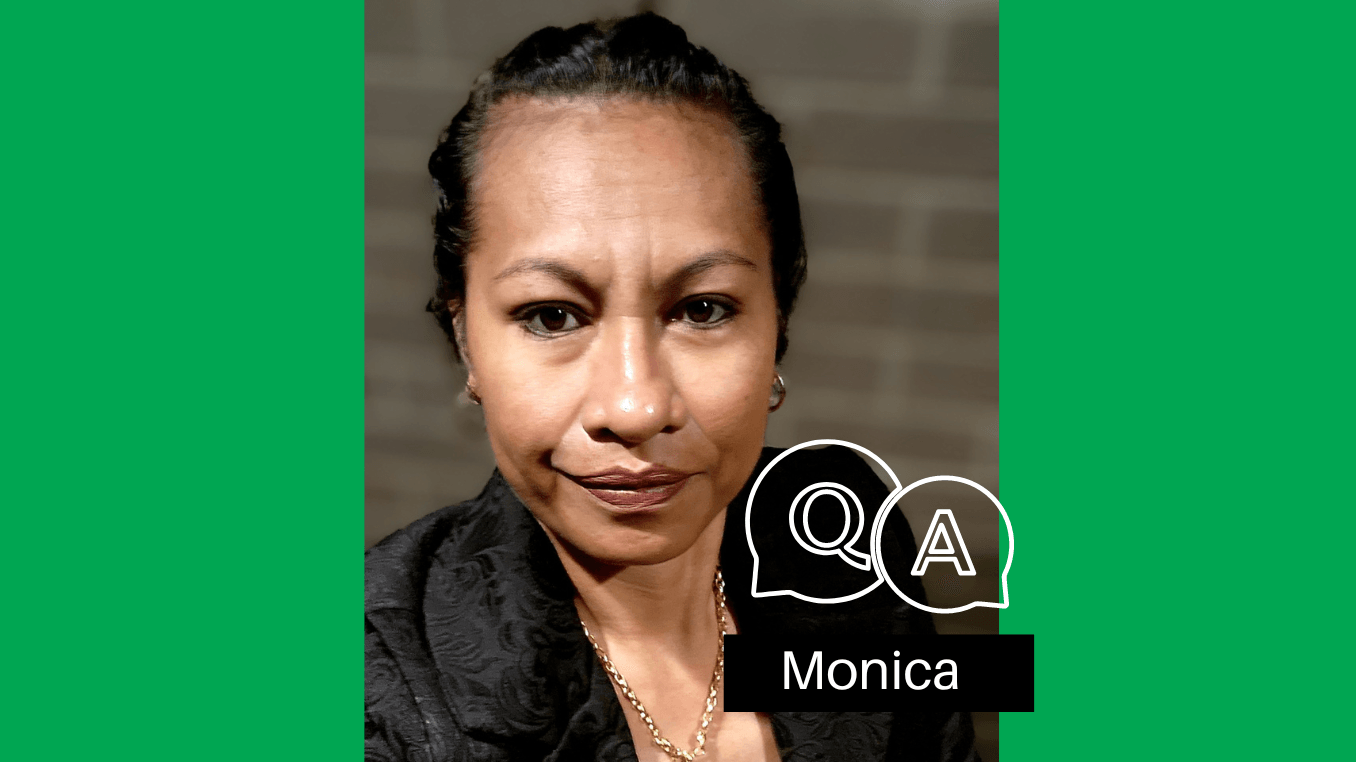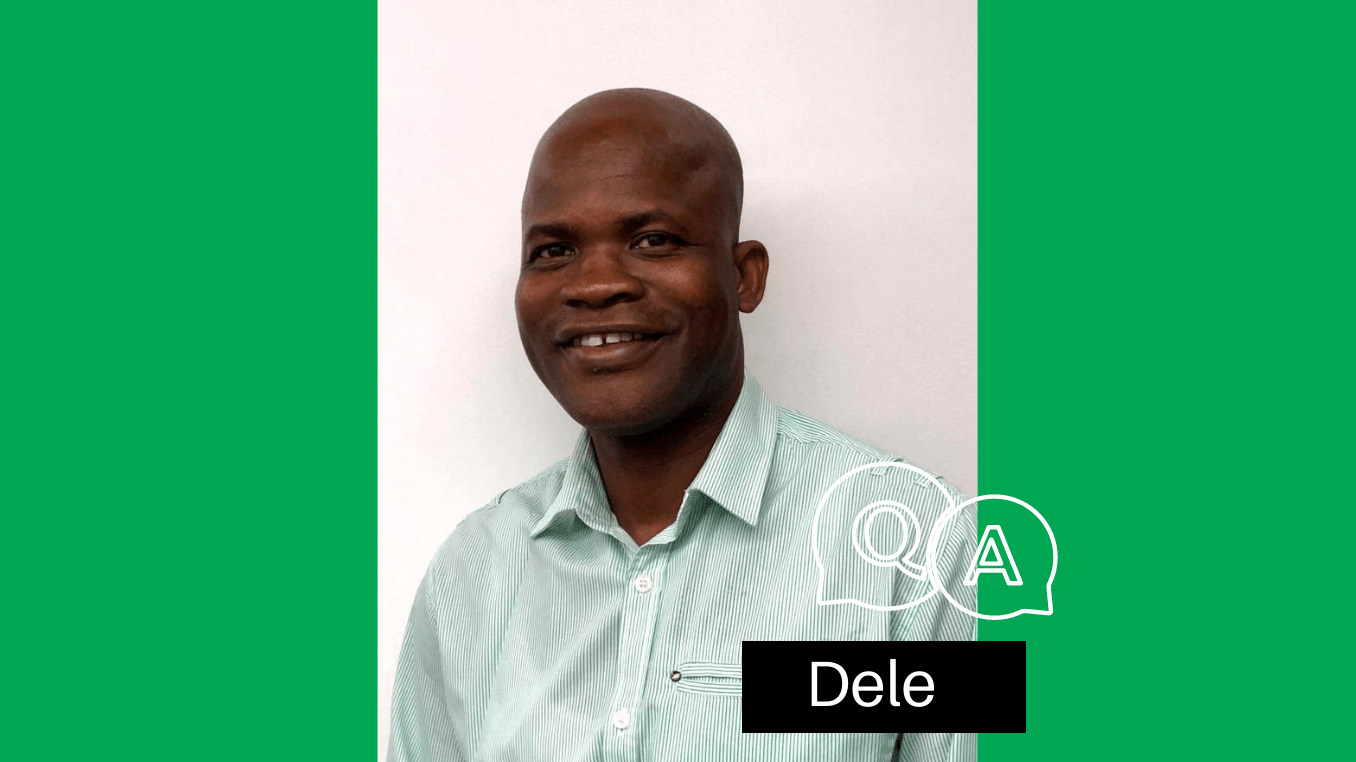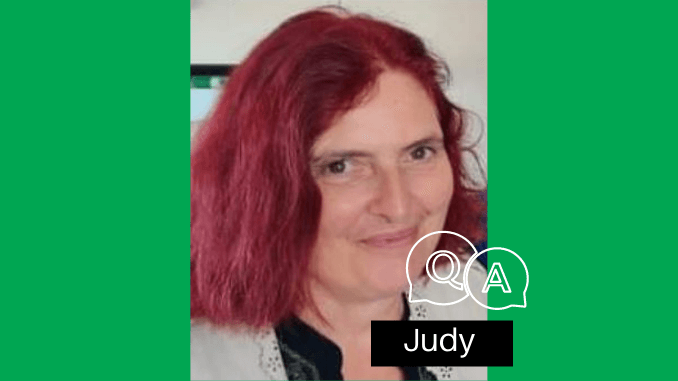Why disability inclusive language matters
Whether you’re an experienced Disability Support Worker or someone who is thinking about getting into the sector, being aware of personal preferences in relation to how people with disabilities identify is important. In fact, everyone has a role to play when it comes to listening and respecting how people with disabilities (or anyone for that matter) choose to self-identify.
Read on for insights from the disability community on the topic, why using the right language matters and how you can support people be seen for who they are - in their own right.
The word ‘disability’ is having a moment.
Following a controversial move by a high profile organisation in 2018 to reduce discrimination by erasing the term in favour of something more inclusive which doesn’t ‘out’ anyone as disabled, a debate between those who identify as disabled and those trying to minimise the word has sparked conversation on what it means to identify as disabled and how best to express this.
Part of the argument is non-disabled members of the community attempting to explain to those with a disability about how the word ‘disability’ should be dropped in favour of something 'politically correct', a little less ‘negative’ like ‘differently-abled’ or ‘specially-abled’ which is part of a wider trend within the disability sector.
As the great Australian Athlete Kurt Fearnley explains:
”The majority of the time, the people who are non-disabled are defining what it is to be a person with a disability."
According to research published in Rehabilitation Psychology, erasing the term disability is harmful and has wide-reaching effects on the disability community. It lacks consideration for the many individual experiences and the right to self-identify.
Liza, disability advocate and blogger writes on the ‘otherness’ often experienced by disabled people in the community when interacting with non-disabled people, she describes the otherness as interpreted as somehow separate from society. Pushing to shift away from the word disabled only reinforces the ‘otherness’.
Social media movements such as #saytheword - aimed at reclaiming and vocalising the word disability - and #Abledsareweird have gained massive momentum in the last couple of years as large sections of the disabled community fight for the right to identify under the term disabled and not be pushed to identify under terms non-disabled people are more comfortable with.
Prominent voices in the movement such as Dr Anjali Forber-Pratt, an author of the paper in Rehabilitation Psychology, Assistant Professor at Vanderbilt College, Paralympian and disability advocate, argue that undermining the term disabled takes away identity and pride, and can ‘fracture our sense of unity as a culture’ to Forber-Pratt and co-authors there is a misunderstanding of the importance of the term - and this must be addressed. They explain that language affects perception and perception affects language - which is highly relevant to the disability community who often confront stigmas.
Losing the word disability, argues Forber-Pratt risks the loss of visibility, with implications on disability rights. The term disability is one of pride for the community and is viewed by many as an empowering term, as Liza writes
‘Disability is not a bad word. Being disabled isn’t something you need to whisper about or call by a different name’
If you’re curious about the language people with disabilities or customers you support prefer, always ask them first then respect their preferences. People are not all the same. Some may be proud to identify as disabled, while others may reject the term altogether. Avoid imposing your own identifying language. Instead, see people in their own right as individuals. In doing so, you’ll make the world a better, more inclusive place.
Edmen Community Staffing Solutions Blog
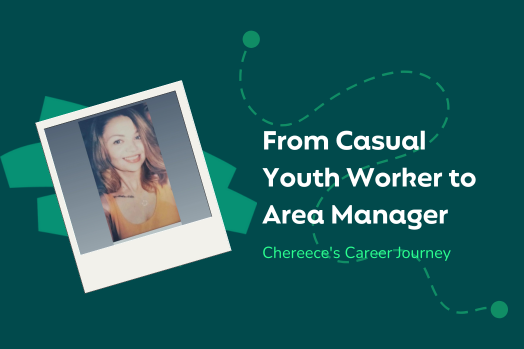
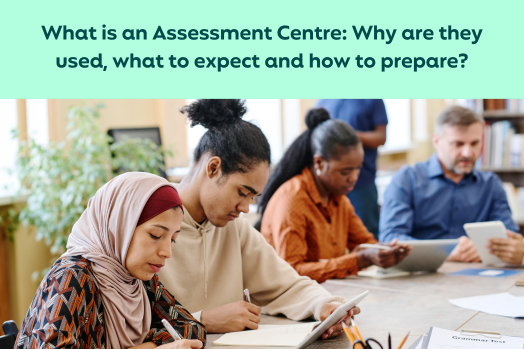
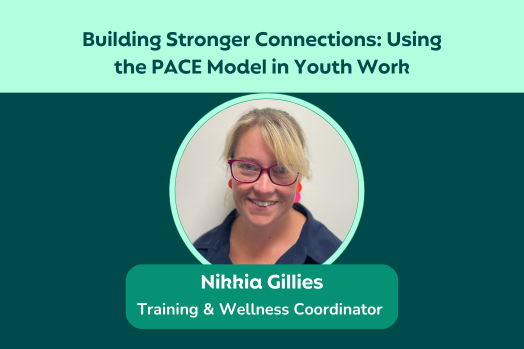
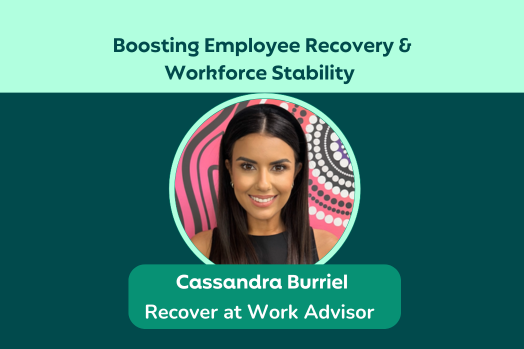
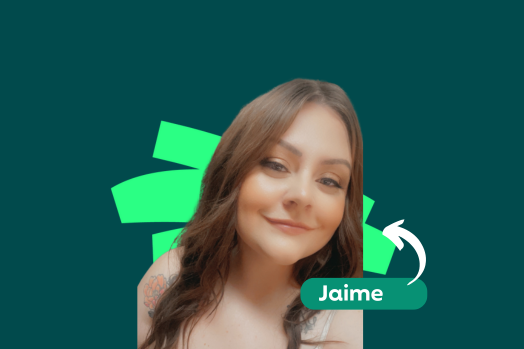
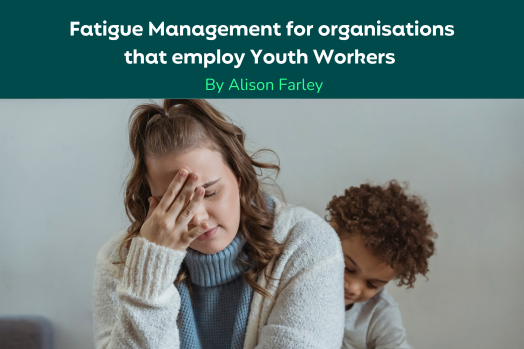
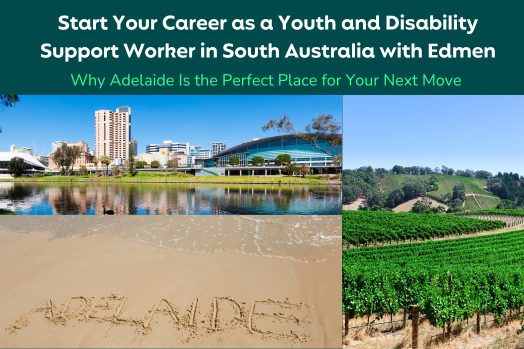

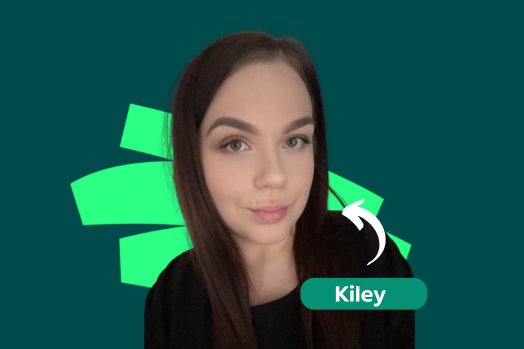
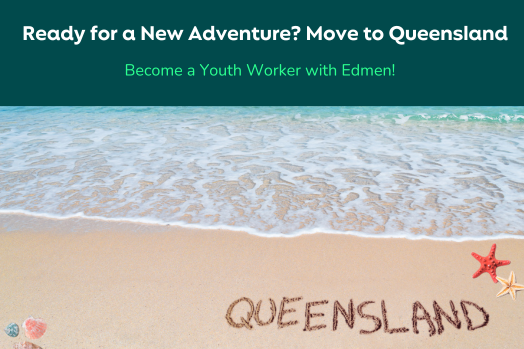
Edmen Community Staffing Solutions Blog


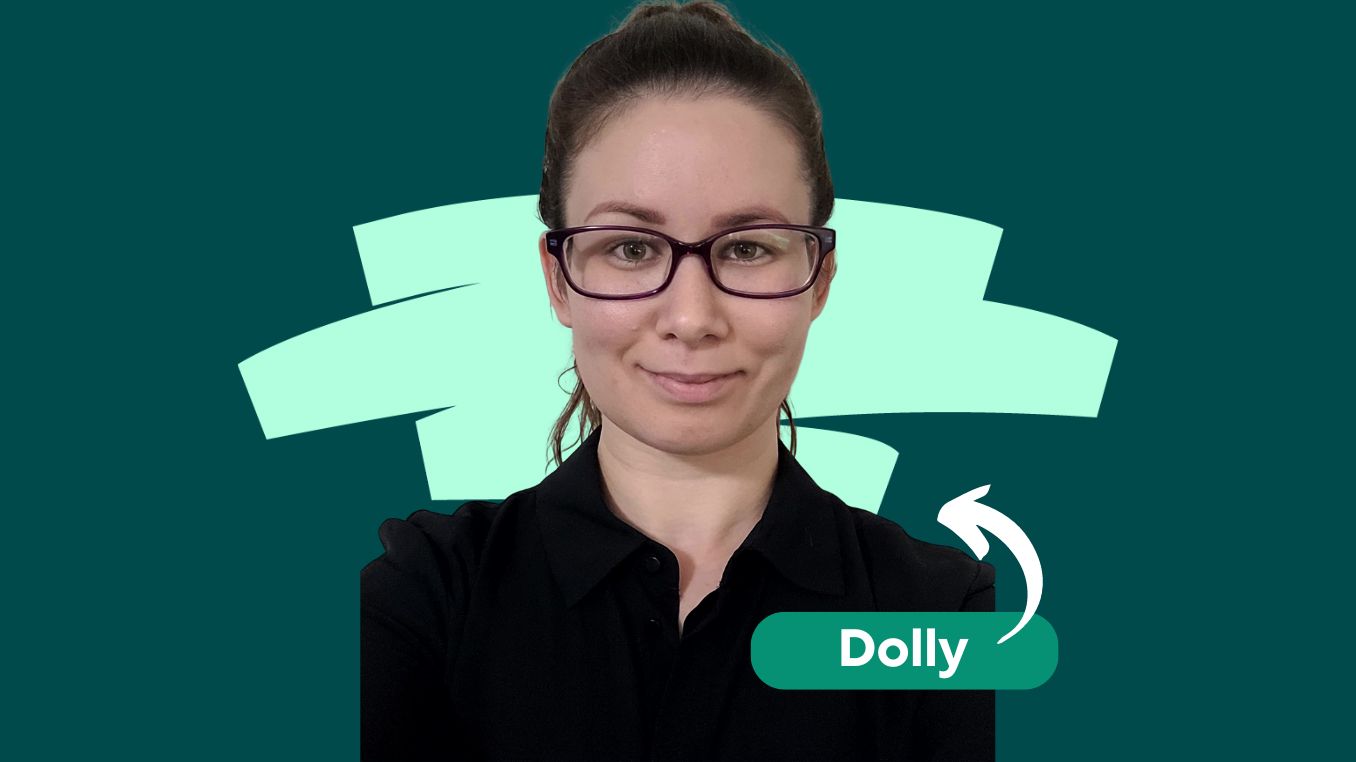
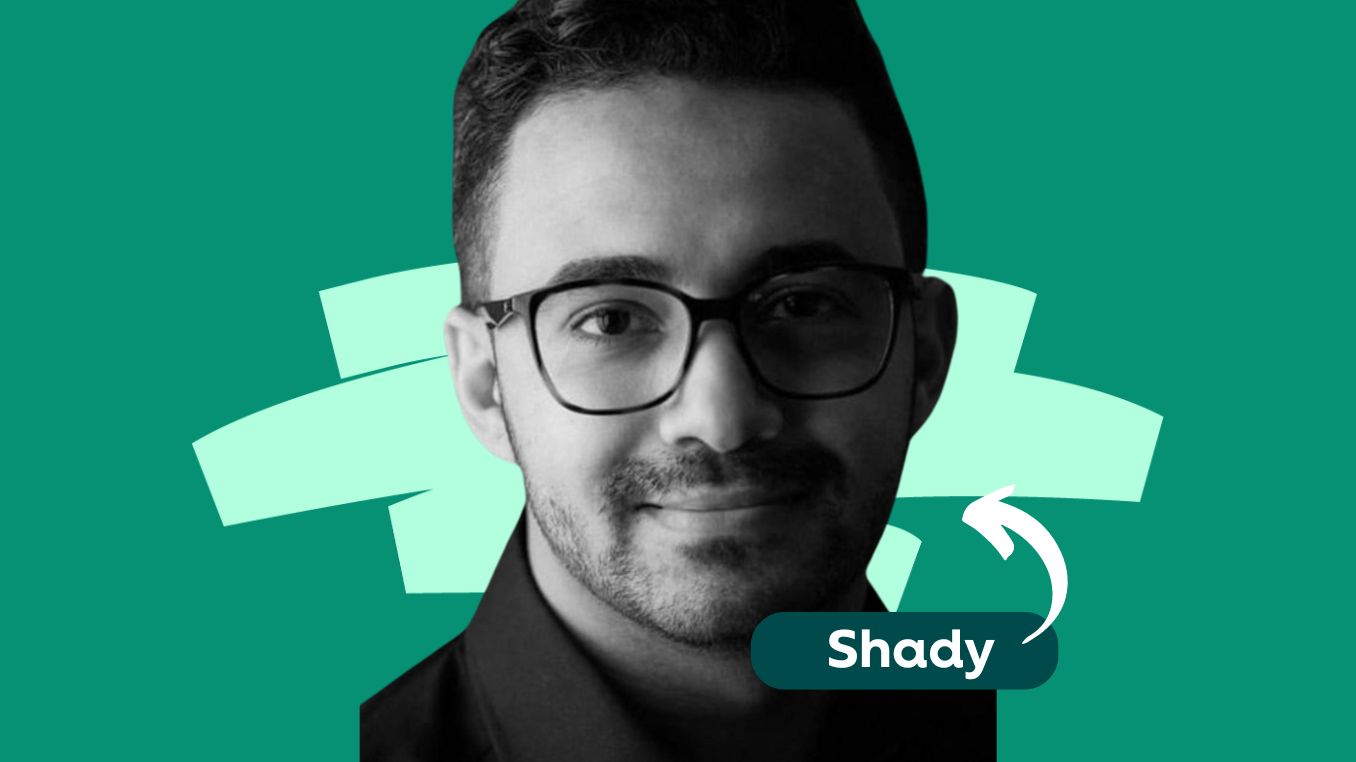
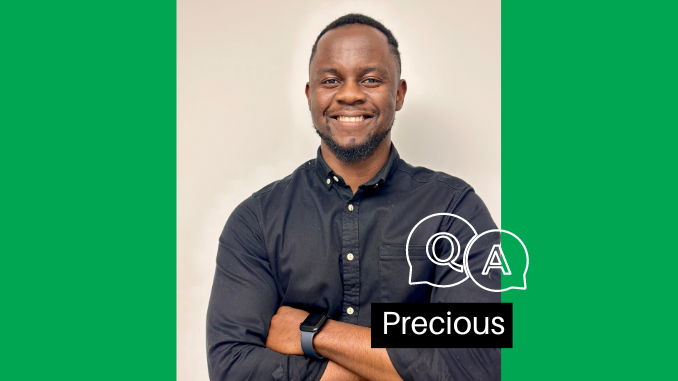
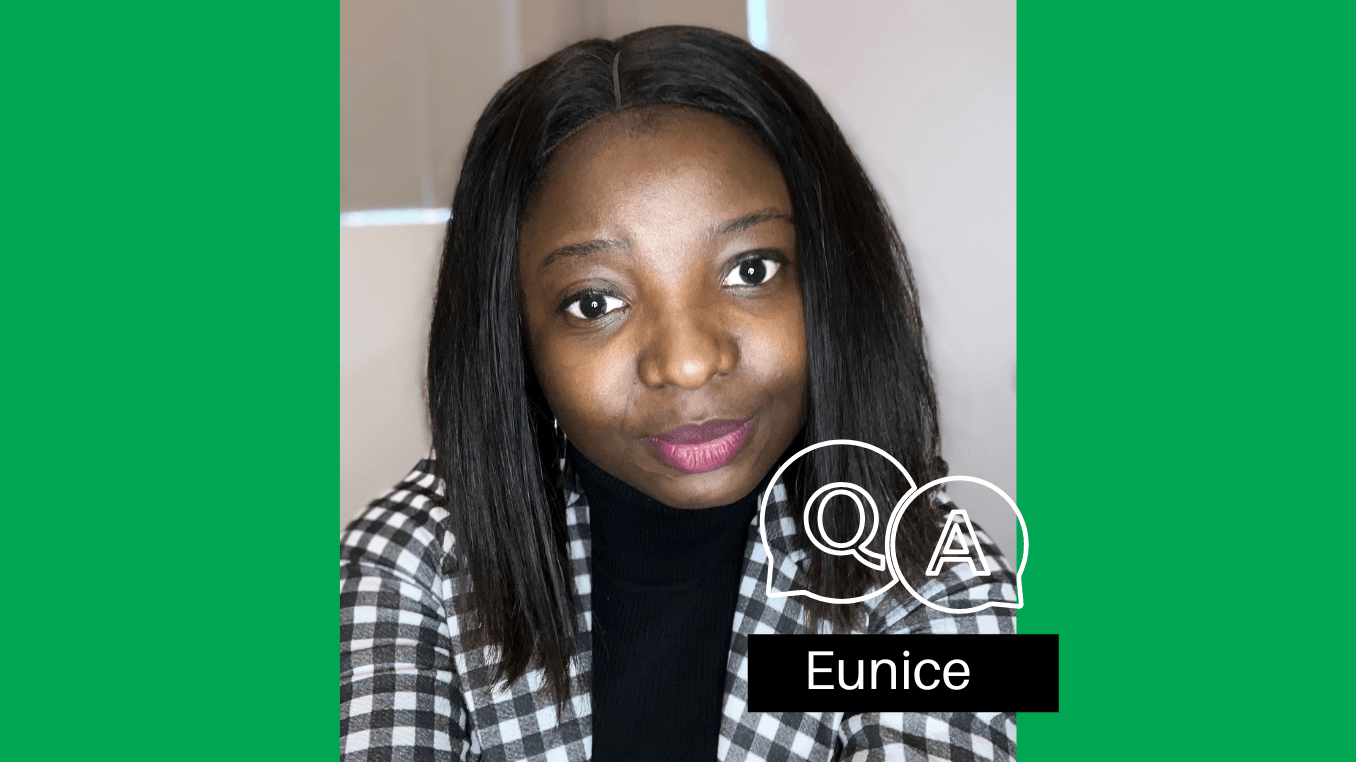
Edmen Community Staffing Solutions Blog











